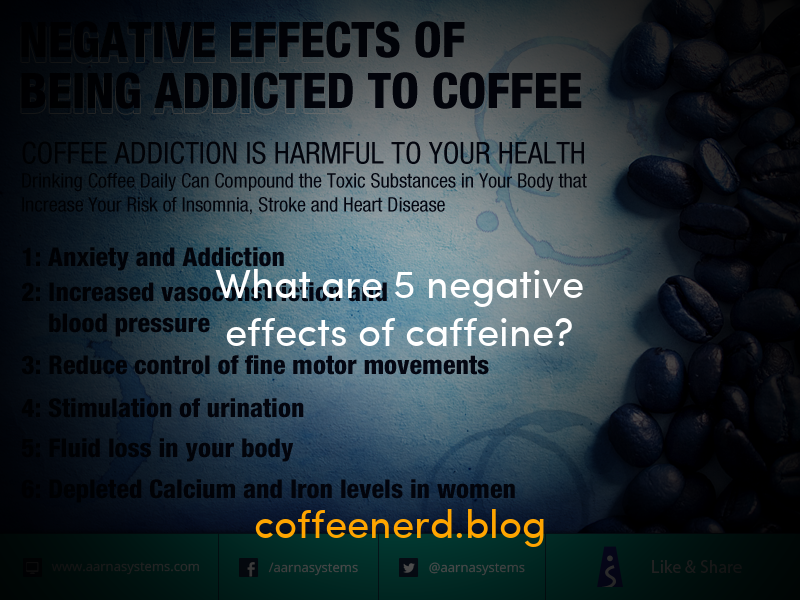Caffeine has a lot of side effects that can be very dangerous. Some of these include insomnia, nervousness, restlessness, nausea, and an increased heart rate. If you consume too much caffeine, it can lead to headaches, anxiety, and chest pain. Caffeine is definitely not safe to consume in large doses because it can cause irregular heartbeat and even death.
Is caffeine in coffee harmful?
Caffeine is a psychoactive stimulant that is consumed by millions of people around the world every day. Although it is generally considered safe, there are some potential side effects associated with excessive intake. These include anxiety, restlessness, tremors, irregular heartbeat, and difficulty sleeping. In some cases, too much caffeine can also lead to headaches, migraines, and high blood pressure.
Is coffee harmful to health? If you consume too much caffeine, it can lead to jitteriness, anxiety, heart palpitations, and even exacerbated panic attacks (34). Another unwanted side effect is that it disrupts sleep (35).
Who should not consume caffeine?
Caffeine intake should be limited to 200 mg daily for pregnant women, women who are trying to become pregnant, and those who are breastfeeding, as advised by their doctor. Adolescents and young adults should be aware of the dangers of mixing caffeine with alcohol and other drugs, as well as the dangers of excessive caffeine intake.
Why you should avoid caffeine? Caffeine has been shown to have a stimulatory effect on the nervous system, which can lead to increased blood pressure levels. A high intake of caffeine (3 to 5 cups per day) has been associated with an increased risk of cardiovascular disease.
Is coffee good for your kidneys?
Caffeine is a drug that is found in coffee, tea, soda, and foods. It is a stimulant that can cause increased blood flow, blood pressure, and stress on the kidneys. Excessive caffeine intake has also been linked to kidney stones.
Is tea better than coffee? Coffee has its perks, but when it comes to antioxidants, tea is the clear winner. White tea contains more antioxidants than green tea, which is the most commonly associated type of tea with antioxidants. Although coffee does contain antioxidants, the concentration is much lower than that of white tea.
Is it bad to have coffee every day?
There are many problems that can arise from consuming too much coffee, especially in regard to digestion. However, research has indicated that drinking up to four 8-ounce cups of coffee a day is safe. It should not be difficult for coffee drinkers in the United States to stay within these limits since the majority only drink one cup per day.
What happens if you drink coffee every day? Beth Witherspoon, a registered dietitian consultant for Community Coffee Company, says that moderate coffee consumption may be linked to a decreased mortality rate from all causes, reduced risk of developing type 2 diabetes, and a decreased risk of Parkinson’s disease, dementia, liver cirrhosis, and certain cancers.
What happens when you drink caffeine every day?
Caffeine in large amounts may interfere with the absorption and metabolism of calcium. This can have an impact on bone thinning (osteoporosis). Too much caffeine may also cause your muscles to twitch. A symptom of caffeine withdrawal may include achy muscles.
References
https://www.mayoclinic.org/healthy-lifestyle/nutrition-and-healthy-eating/in-depth/caffeine/art-20045678
https://www.eatthis.com/dangerous-side-effects-coffee-to-science/
https://www.caffeineinformer.com/harmful-effects-of-caffeine

